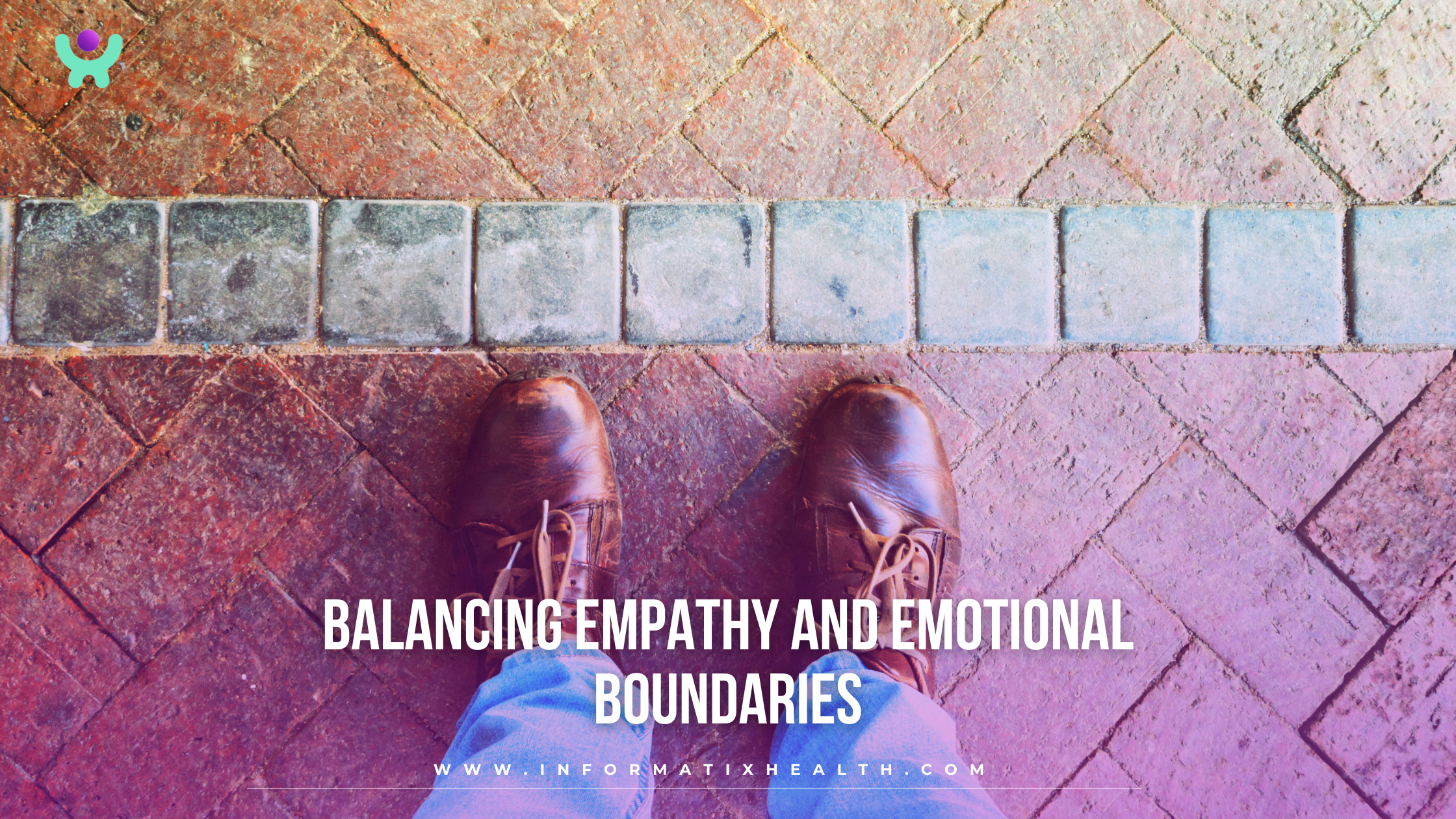Caregivers, CNAs, and nurses carry an incredible responsibility—not just physically, but emotionally. Providing comfort, compassion, and support is at the heart of what you do. But with this deep level of care comes the challenge of balancing empathy with emotional boundaries.
Finding this balance protects both you and your clients, allowing you to deliver high-quality care without feeling overwhelmed or emotionally drained.
Understanding the Importance of Balance
Empathy helps you connect with clients, understand their needs, and offer meaningful support. Emotional boundaries, on the other hand, help you stay grounded, avoid burnout, and maintain professionalism.
Together, these two qualities help you remain compassionate while also protecting your own mental and emotional health.
1. Be Present, But Stay Objective
Active listening, gentle communication, and kindness show empathy—without requiring you to carry a client’s emotions as your own.
Be present, acknowledge their feelings, and offer support while still maintaining a clear awareness of your role as a professional caregiver.
2. Recognize Emotional Overload
It’s normal to feel deeply connected to clients, but emotional heaviness is a sign you may need to step back. Watch for signs such as:
- Feeling drained after each shift
- Thinking about a client’s struggles nonstop
- Difficulty separating work life from personal life
Noticing these early helps you protect your emotional wellbeing.
3. Set Gentle but Clear Boundaries
Boundaries are not harsh—they’re healthy. Examples include:
- Redirecting personal or sensitive questions
- Keeping conversations professional
- Avoiding over-involvement in family matters
- Knowing when to step back from emotionally intense situations
Boundaries help you stay focused, calm, and effective in your role.
4. Lean on Your Team
You don’t have to carry emotional stress alone. Share concerns with supervisors, coworkers, or team leads when needed. A strong support system ensures you always have guidance, reassurance, and practical tools for emotional balance.
5. Practice Self-Care Without Guilt
Caring for yourself is part of caring for others. Simple habits help you reset:
- Take breaks during shifts
- Practice breathing exercises
- Spend time on hobbies
- Rest when your body needs it
- Seek support when feeling overwhelmed
A calm, balanced caregiver provides the best care.
You Don’t Have to Do It Alone
At Informatix Health, we value caregivers, CNAs, and nurses who lead with compassion—and we’re here to support you every step of the way. If you’re looking for flexible schedules, supportive staffing, and opportunities to grow in a positive work environment, we’re ready to help.
Reach out to Informatix Health today and join a team that truly cares for its caregivers.


